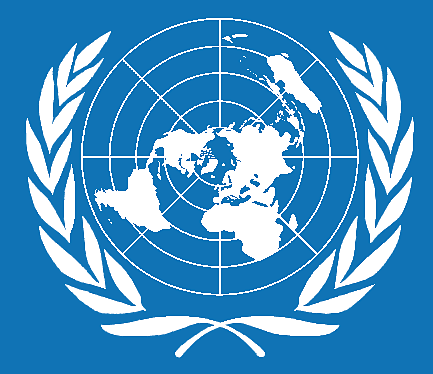UN urges countries to sign convention on cluster bombs
 New York - The United Nations on Wednesday called on governments to sign and ratify the Convention on Cluster Munitions, which will ban the use, production, transfer and stockpiling of cluster bombs.
New York - The United Nations on Wednesday called on governments to sign and ratify the Convention on Cluster Munitions, which will ban the use, production, transfer and stockpiling of cluster bombs.
Since its adoption in Dublin in May 2008, the convention has been signed by 95 countries and ratified by four - the Holy See, Ireland, Sierra Leone and Norway.
The convention is still not in force because it has not received an adequate number of ratifications, which means that countries that have signed it have not enacted national legislation to implement the convention.
UN Deputy Secretary General Asha Rose-Migiro said during a ceremony at UN headquarters in New York to promote the convention, that it is the first instrument of international humanitarian law to clearly uphold the rights of victims of a specific weapon.
"It outlines a broad definition of victims," she said. "It assigns responsibility for their care to state parties in areas under their control.
"Cluster munitions have caused unacceptable harm to civilians in more than 20 countries and territories since they were first introduced in World War II."
She said the convention provides help to address the humanitarian, socio-economic and environmental damage caused by cluster bombs.
Nearly all of the 27 European Union members have signed the convention.
Countries that manufacture cluster bombs such as the United States, Russia, China, India, Pakistan and Brazil have not signed.
The UN said its mine action team will support projects to remove and destroy cluster bombs and other explosive remnants of war. Those projects will be implemented in Cambodia, Chad, Ethiopia, Laos, Lebanon, Tajikistan, Western Sahara and Zambia. (dpa)